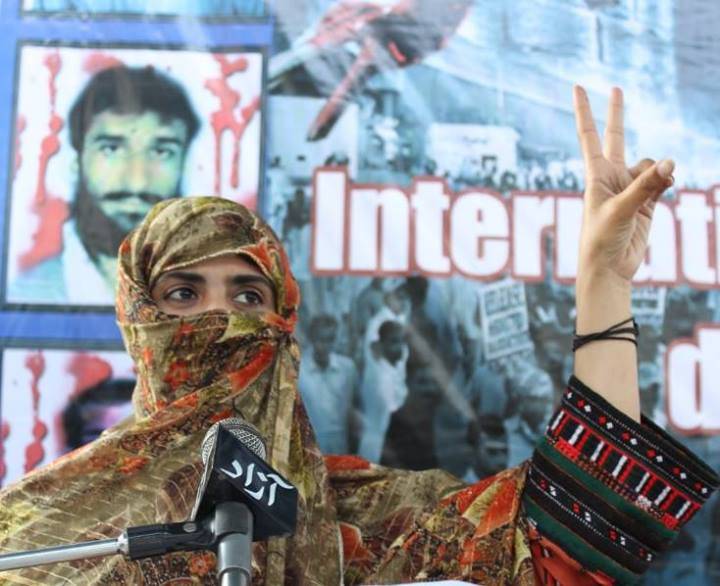Christopher Nolan produced and directed the film ‘Inception’ which was released in 2010. Amongst many of its memorable dialogues, one stood out in particular. One of the protagonists, Mr. Cobb (played by Leonardo di Caprio) said: “What is the most resilient parasite? A bacteria? A virus? An intestinal worm? No, it is an idea. Resilient, highly contagious. Once an idea has taken hold in the brain, it is almost impossible to eradicate. A person can cover it up, ignore it, but it stays there.” Using propaganda to influence a population’s minds was not a Nazi invention, although they took it to an extreme. To counter this propaganda, the allies worked overtime using various media, including but not limited to, posters, pamphlets and movies. Psychological warfare became known as ‘psy-ops’ in popular culture. During the cold war, the Communist bloc and Capitalist countries competed not only in the field of nuclear advances and ballistic missiles but also in the field of sports and culture. Russian literature and ballet groups were exported to countries around the world while the United States responded through Hollywood and television programs. In summary, the Cold War was a struggle between ideas and each side jealously guarded its turf.
Since the inception of Pakistan, the military has used ‘psy-ops’ on the unsuspecting citizenry with much success. Brigadier (Retired) A.R. Siddiqui has documented how the military carefully projected its image through propaganda in his wonderful book titled ‘The Military in Pakistan: Image and Reality’. Starting with the 1953 Martial Law during the Anti-Ahmaddiya riots, military leaders cultivated the image of a disciplined, well-oiled force that was ever-ready to ‘rescue’ Pakistan from external as well as ‘internal’ enemies. Brigadier Siddiqui was able to write all this due to his vantage point as a former officer in Army’s propaganda wing, the Inter Services Public Relations (ISPR).
Available evidence suggests that propaganda tactics have worked well in the military’s favour. After decades, everyday Pakistanis treat everything being projected by the army as gospel. Following the cancellation of the Mama Qadeer talk at LUMS, social media was bombarded with messages of hate against Mama Qadeer, branding him a traitor and an enemy of the state despite the fact that he has taken up an entirely peaceful protest against the excesses committed by the state in Balochistan. The brutal killings of Punjabi and Sindhi Labourers in Turbat by unidentified gunmen (most likely Baloch separatists) turned the heated debate into a slugfest. Anyone who dared support Mama Qadeer was accused of supporting the killing of Punjabi settlers.
An infamous TV anchor dedicated a whole program to the Mama Qadeer incident in which he blamed the Lahore University of Management Sciences (LUMS) of ‘ignoring the patriotic Baloch’ and inviting those who ‘want separation from Pakistan’. Another TV anchor wanted Mama Qadeer to condemn the killing of labourers as they were also ‘missing’. The few balanced voices were branded traitors. Taimur Rehman, an academic associated with LUMS, was personally maligned because his uncle had fought alongside Baloch Separatists in the 1970s. Hashtags such as #ArrestMamaQadeer and #ShameOnLUMS were begun.
Baloch separatists groups have been mercilessly killing Punjabi settlers for a decade now but that doesn’t justify the way our own army treats the ‘missing persons’ issue. Dead bodies with ‘Pakistan Zindabad’ carved into their skins have been found in Balochistan. Trouble is, when one atrocity is used as a shield to obfuscate the other atrocity, when one is expected (nay demanded) to equally condemn every brutality under the sun.
A few months before the Mama Qadeer incident, Director General of ISPR gave a talk to LUMS students and refused to answer questions raised about Balochistan. A university is considered a laboratory of ideas, where debates originate and take place amongst academics, practitioners and students, where policy is discussed and derived. It shows that our military mind is scared, not of guns or mortars or missiles, but of ideas, of debate, of critical thinking.
George Orwell described the situation best in his 1946 essay titled ‘The Prevention of Literature’: “A totalitarian state is in effect a theocracy, and its ruling caste, in order to keep its position, has to be thought of as infallible. But since, in practice, no one is infallible, it is frequently necessary to rearrange past events in order to show that this or that mistake was not made, or that this or that triumph actually happened.” Orwell would’ve been jailed for life under the newly proposed Cyber Crime Bill.
Friday, April 19, 2024
Mama and the boys

The writer is a freelance columnist. Follow him on Twitter
PM Shehbaz Sharif to personally monitor Saudi investment
3:39 PM | April 19, 2024
Polling begins in first phase of India’s marathon general elections
3:31 PM | April 19, 2024
Pakistan deeply disappointed by UNSC dissensus on Palestine's full UN membership
3:26 PM | April 19, 2024
14-member Balochistan cabinet takes oath
2:26 PM | April 19, 2024
President, PM condemn suicide blast, firing in Karachi
2:24 PM | April 19, 2024
A Tense Neighbourhood
April 19, 2024
Dubai Underwater
April 19, 2024
X Debate Continues
April 19, 2024
Hepatitis Challenge
April 18, 2024
IMF Predictions
April 18, 2024
Kite tragedy
April 19, 2024
Discipline dilemma
April 19, 2024
Urgent plea
April 19, 2024
Justice denied
April 18, 2024
AI dilemmas unveiled
April 18, 2024
ePaper - Nawaiwaqt
Advertisement
Nawaiwaqt Group | Copyright © 2024





